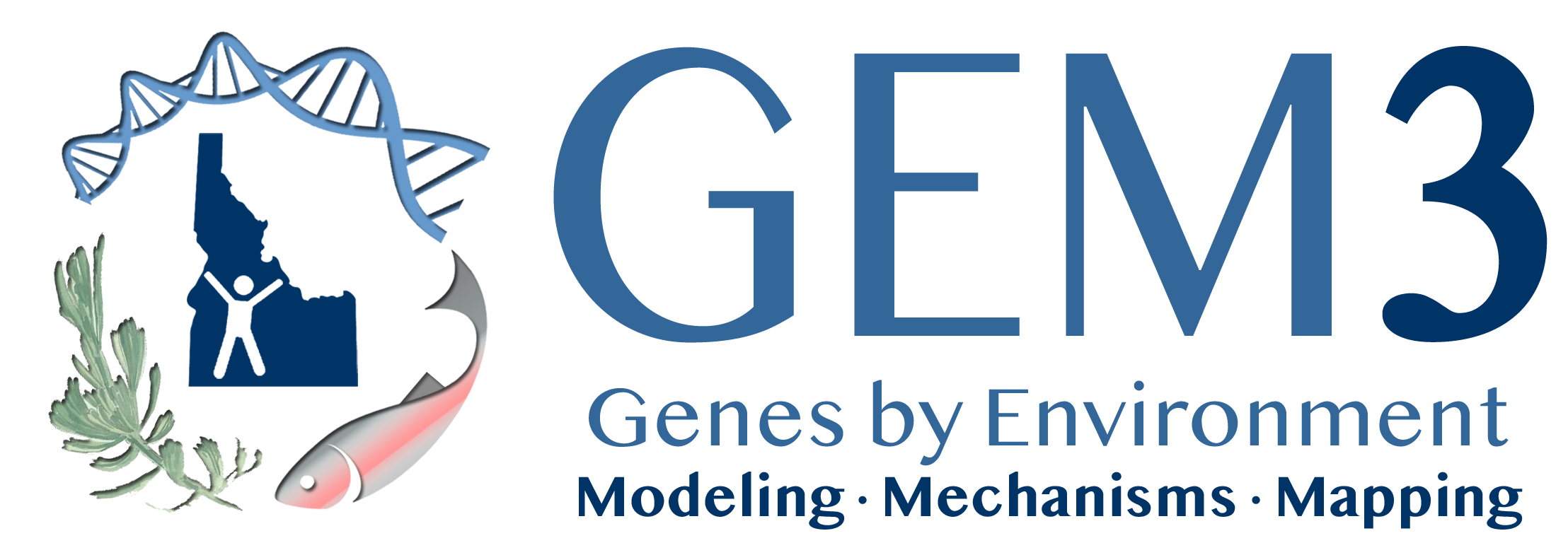The rate of global climate change is projected to outpace the ability of many natural populations and species to adapt. Assisted migration (AM), which is defined as the managed movement of climate-adapted individuals within or outside the species ranges, is a conservation option to improve species' adaptive capacity and facilitate persistence. Although conservation biologists have long been using genetic tools to increase or maintain diversity of natural populations, genomic techniques could add extra benefit in AM that include selectively neutral and adaptive regions of the genome. In this review, we first propose a framework along with detailed procedures to aid collaboration among scientists, agencies, and local and regional managers during the decision-making process of genomics-guided AM. We then summarize the genomic approaches for applying AM, followed by a literature search of existing incorporation of genomics in AM across taxa. Our literature search initially identified 729 publications, but after filtering returned only 50 empirical studies that were either directly applied or considered genomics in AM related to climate change across taxa of plants, terrestrial animals, and aquatic animals; 42 studies were in plants. This demonstrated limited application of genomic methods in AM in organisms other than plants, so we provide further case studies as two examples to demonstrate the negative impact of climate change on non-model species and how genomics could be applied in AM. With the rapidly developing sequencing technology and accumulating genomic data, we expect to see more successful applications of genomics in AM, and more broadly, in the conservation of biodiversity.
Conceptual diagram of assisted migration and other conservation management practices. The assisted migration of individuals with adapted alleles in response to climate change includes assisted gene flow within the historical species range and assisted colonization, which establishes populations outside of the historical range to new areas that have become or are projected to become suitable. Individuals can also be moved for other management reasons unrelated to climate change including reintroduction to extirpated regions and genetic rescue to increase genetic diversity in isolated populations that are experiencing negative fitness consequences such as inbreeding depression.
| GEM3 author(s) | |
| Year published |
2021
|
| Journal |
Evolutionary Applications
|
| DOI/URL | |
| Mentions grant |
Yes
|
